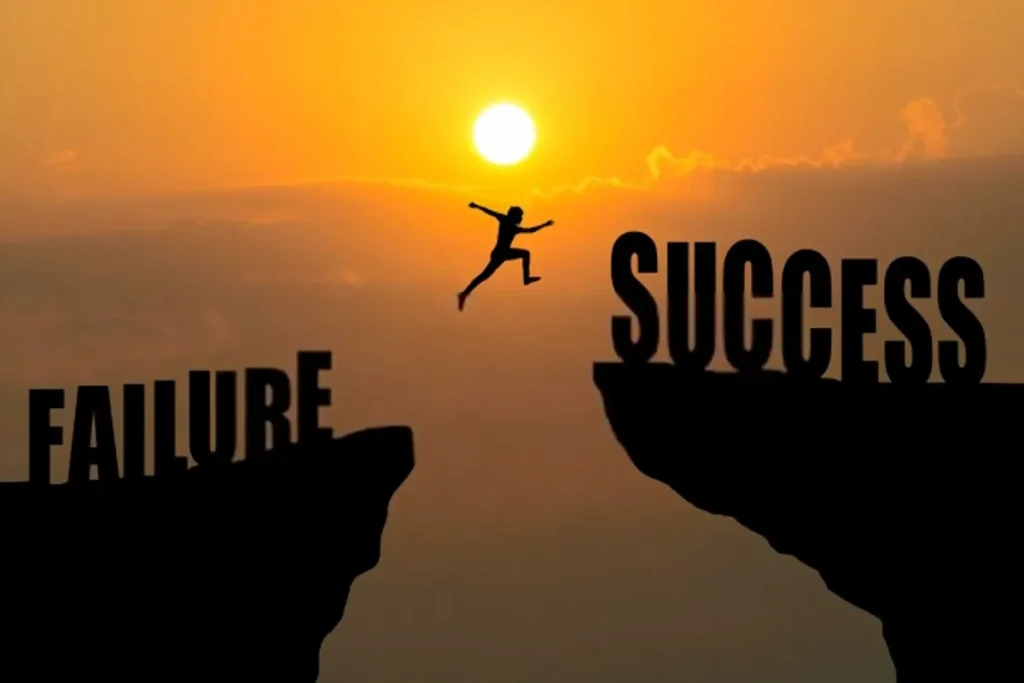
While we’re part of the first generation to receive participation trophies and are suffering the results of helicopter parenting techniques, the fear of failure doesn’t plague millennials nearly as much as older generations may think. With new technology made available to us at very young ages, we’ve been given access to information more efficiently than any generations before us. With that influx of information, our creativity is given outlets to expand quicker and with less consequence.
Failure is closely associated with creativity and fearlessness. To have an idea and fail at executing it is better than never having an idea at all. Tweaking and adjusting and failing again until the idea can be executed successfully makes it all the more rewarding when there is success. According to Dr. Shai Butler, this is called “Failing Forward”. It’s safe to assumed that failing backwards would mean that after experiencing failure, we give up. Failing forward implies that every failed attempt is a step in a victorious direction.
What’s imperative for the growth of a company is innovation. Innovative ideas catapult companies into the next generation, leaving behind antiquated technology and practices for a more productive and a fresher outlook on business development. Millennials possess the creativity and the drive to push the expansion of business development, despite the fear that their ideas may not work and the reality that a lot of times, they won’t. With millennials soon making up more than half of the workforce, the implementation of those new practices and ideas will be inevitable as the next generation of leaders takes over.
Dr. Butler state that, “from what I have learned about millennials, they are a resilient lot; therefore, I hypothesize that their definition of failing forward will be exactly what they decide to make it.” I’ve decided to define failure similarly to making the wrong move in online Sudoku; I’ve got unlimited lives left so what’s one or two mistakes?
Besides, a little bit of failure never hurt anyone.
Are you afraid of failure?
